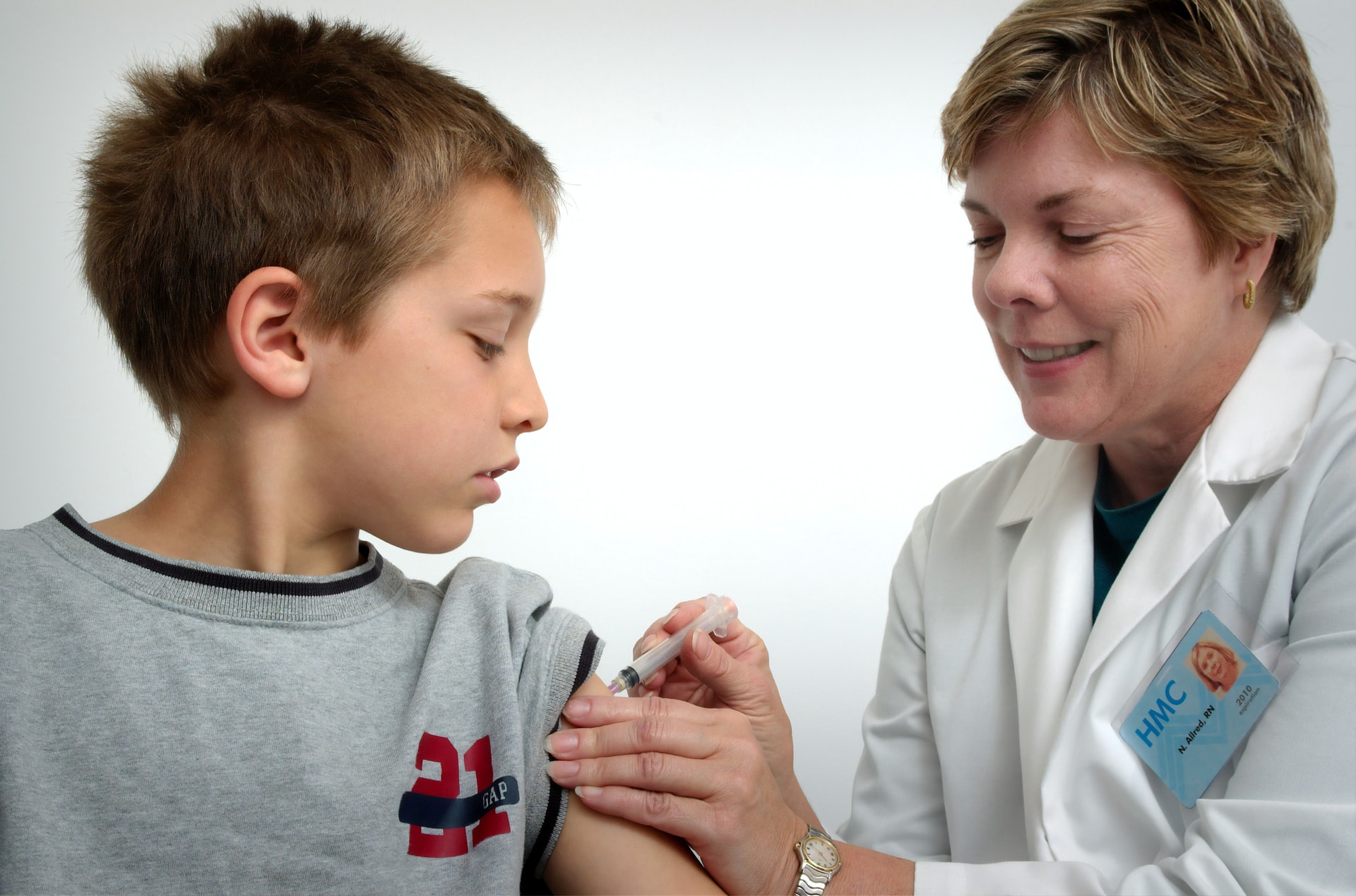Medsafe has provisionally approved the paediatric version of the Pfizer vaccine for tamariki aged 5 to 11 years old.
The approval is for two doses given at least 21 days apart. If approved by Cabinet, the rollout is expected to start by the end of January. Medicines regulators in Australia and the USA have also granted emergency approval for the jab in children.
The SMC asked experts to comment. Feel free to use these comments in your reporting or follow up with the contact details provided.
Associate Professor Siouxsie Wiles, School of Medical Sciences, Faculty of Medical and Health Sciences, University of Auckland, comments:
“I’m thrilled to hear that the paediatric Pfizer COVID-19 vaccine has passed its first regulatory checkpoint in New Zealand. With Delta in the community and Omicron knocking on our doors, having a safe and effective vaccine for 5-11-year-olds is crucial for preventing long term health problems and saving lives and livelihoods. Every parent and caregiver will want this vaccine to have undergone the necessary scrutiny so they can be confident that vaccinating their children is safe and the right decision to protect both them and their whānau.
“Now we need to begin to prepare to roll out the vaccine as soon as possible so that children are protected before they return to school next year. We must learn from the mistakes of the adult vaccine rollout and design a programme in true partnership with Māori and Pacific people that will ensure an equitable rollout that prioritises those communities most hard to reach and at risk.”
No conflict of interest.
Dr Dianne Sika-Paotonu, Immunologist, Associate Dean (Pacific), Head of University of Otago Wellington Pacific Office, and Senior Lecturer, Pathology & Molecular Medicine, University of Otago Wellington, comments:
“Although more likely to have mild or asymptomatic disease, children can still catch the virus and become unwell, end up with long Covid, and for children and youth with underlying medical conditions, have a higher risk of serious illness and hospitalization.
“As the 5-11 year old age bracket will be the most recent cohort to be added to the vaccination programme, they will have had less time than others across Aotearoa New Zealand to get the COVID-19 vaccine – an equity focus with appropriate prioritisation with the vaccination roll-out will be important and critical moving forward.
“Of those affected by the current Delta outbreak, a total of 1,980 – or 20% – were children aged 9 years and under, who were infected by the virus and ended up with COVID-19. This also included babies and a 6-week-old. The hospitalization rate for children aged 9 years and under during the current Delta outbreak was 7% (of all hospitalisations).
“The COVID-19 virus continues to spread across Aotearoa New Zealand and with more people interacting and getting out and about coming into close contact with each other, there’s risk that this will promote and accelerate spread – especially for those who are vulnerable, including our children. As our children may not have access to the vaccine until January, we still need to keep them safe and protected from COVID-19 in the meantime. The best way to keep them safe right now is to ensure we’re vaccinated and also that others coming into contact with them are vaccinated as well. Getting vaccinated demonstrates our commitment to keeping others safe and includes our children who are remain vulnerable.
“Leaving anyone behind and unprotected, given the adverse health impact already seen for the most vulnerable in Aotearoa New Zealand, will have long-term consequences. We all still have work to do right now – please get vaccinated and tested and reach out to help others do the same.”
No conflict of interest declared.
Dr Dion O’Neale, Principal Investigator, Te Pūnaha Matatini; and Lecturer, Physics Department, University of Auckland:
“The Medsafe approval is a positive step towards rolling out COVID vaccinations for children aged 5 to 11. From here we’d hope to see a quick movement to making vaccination accessible to under 12s in order to have them as protected as possible before school goes back in early 2022.
“With relatively high vaccination coverage for over 12s in many communities, younger unvaccinated children remain at disproportionate risk of infection compared with their older family members. This matters not just because of the consequence for children but also because, even with vaccinated adults, children infected outside of the house have a significant chance of going on to infect the people they live with. This is because secondary attack rates within dwellings are much higher than in other contexts where transmission reduction measures such as masking or ventilation might be present.
“Reducing transmission in schools is a particularly important step in reducing COVID spread. Schools play an important role in connecting up households from different parts of the community who otherwise wouldn’t be connected. This means that COVID transmission in schools creates many new potential infection pathways to additional interaction contexts outside of schools.
“Vaccinating younger children is of extra importance for those communities that have a lower average age, and hence a bigger fraction of the population under 12. For example, in the 2018 Census, the median age in Northland was 42.6 years, but for Māori in Northland the median age was only 27.2 years. For communities like this, the relative importance of being able to vaccinate under 12s is even greater.”
No conflict of interest declared.
